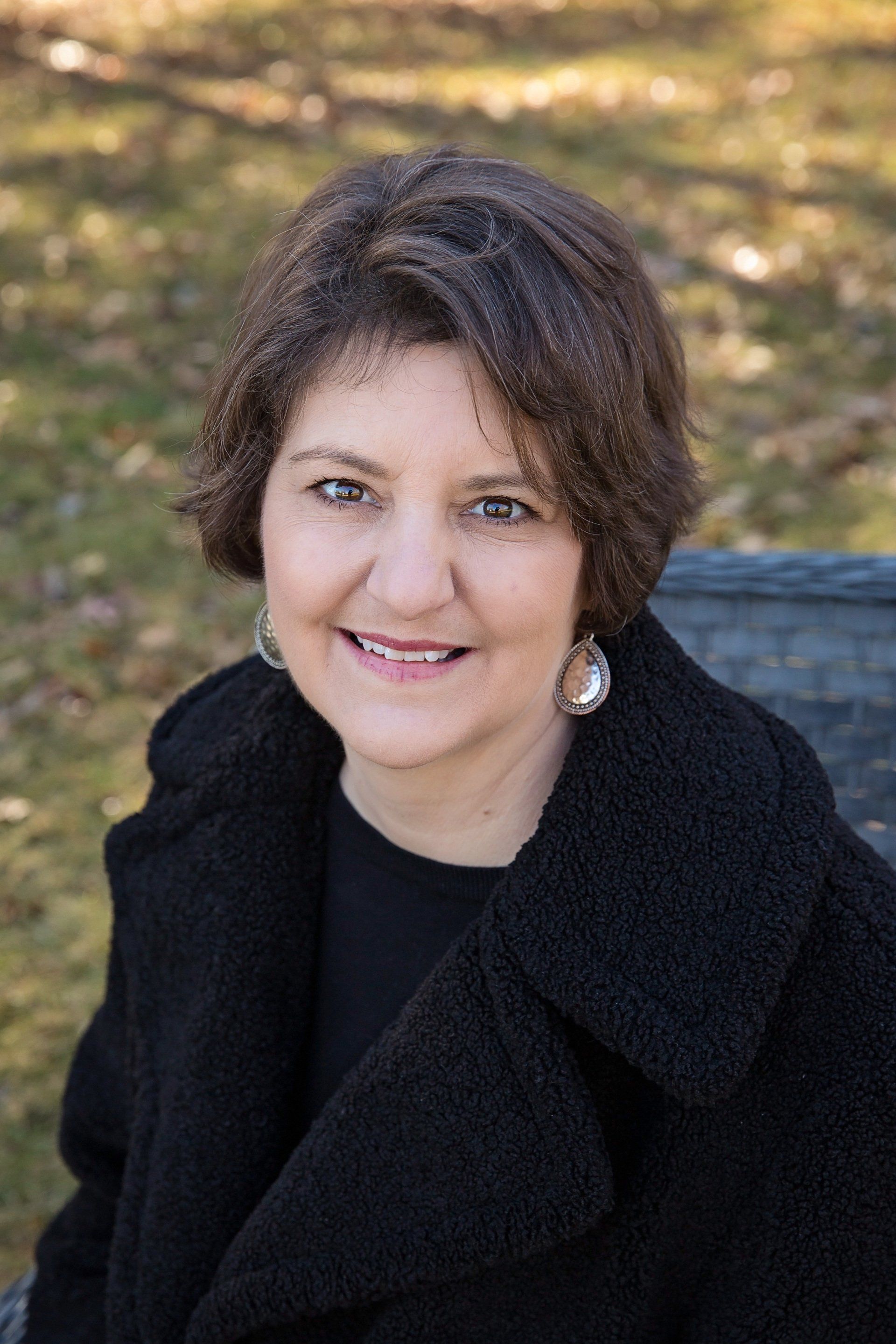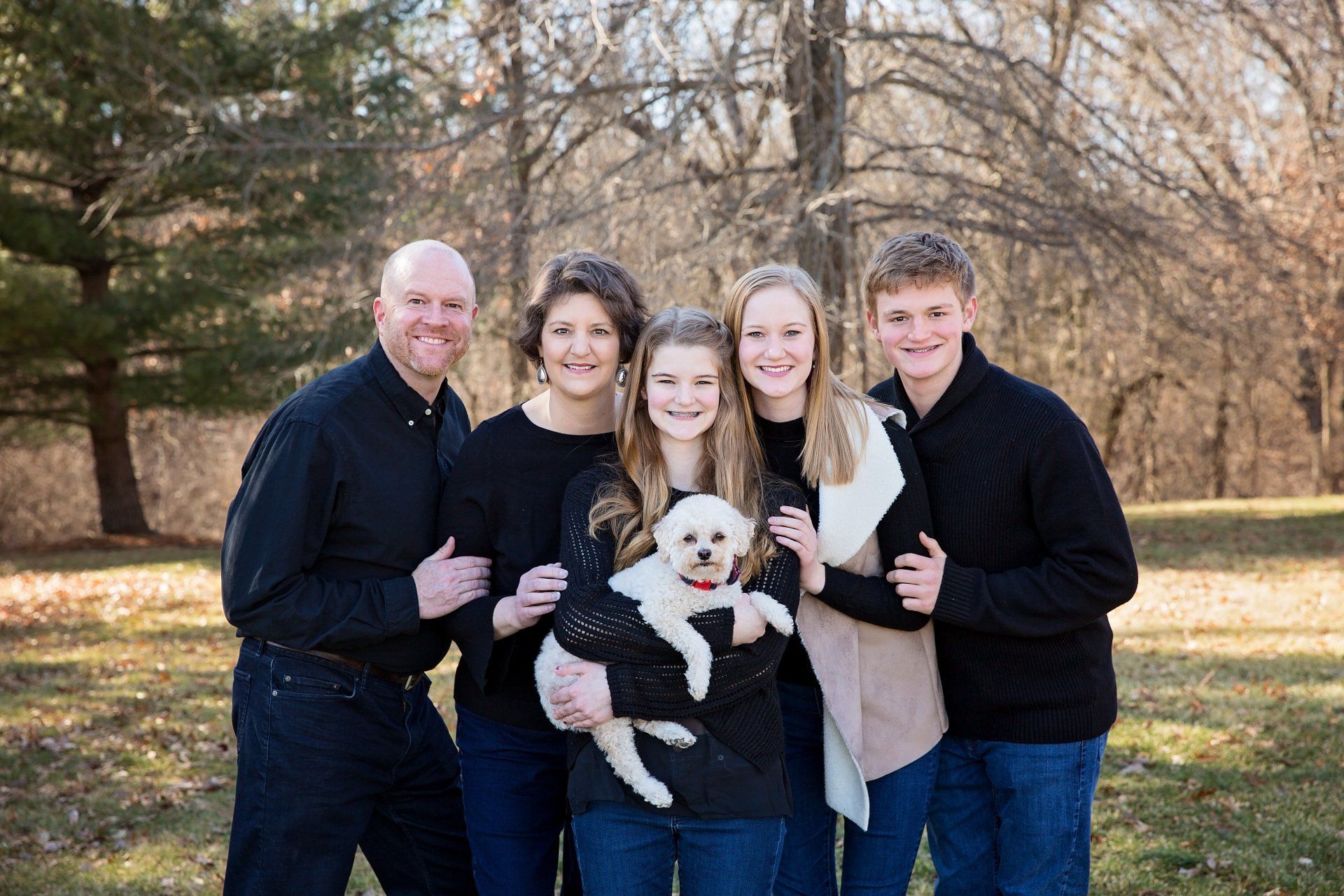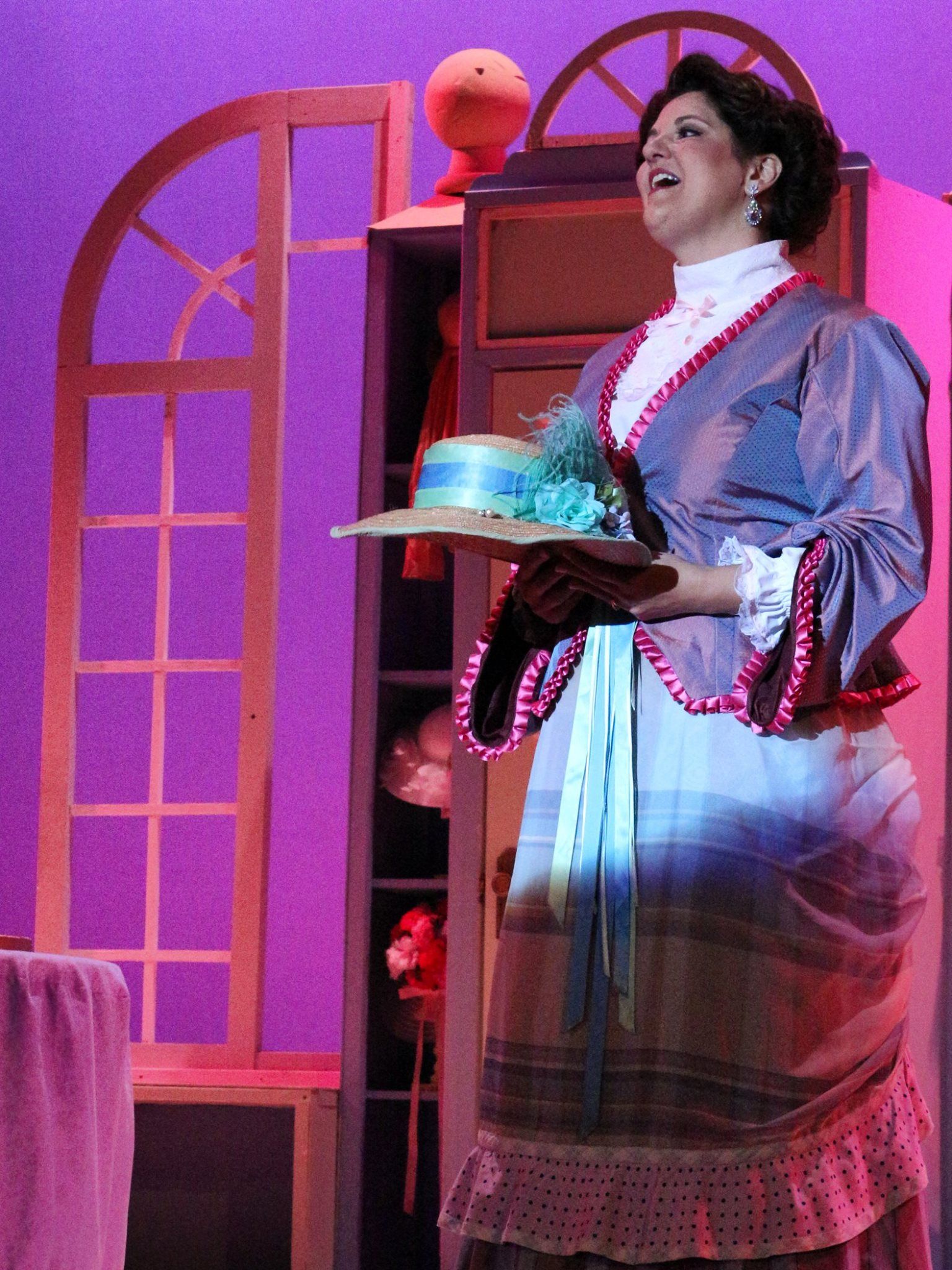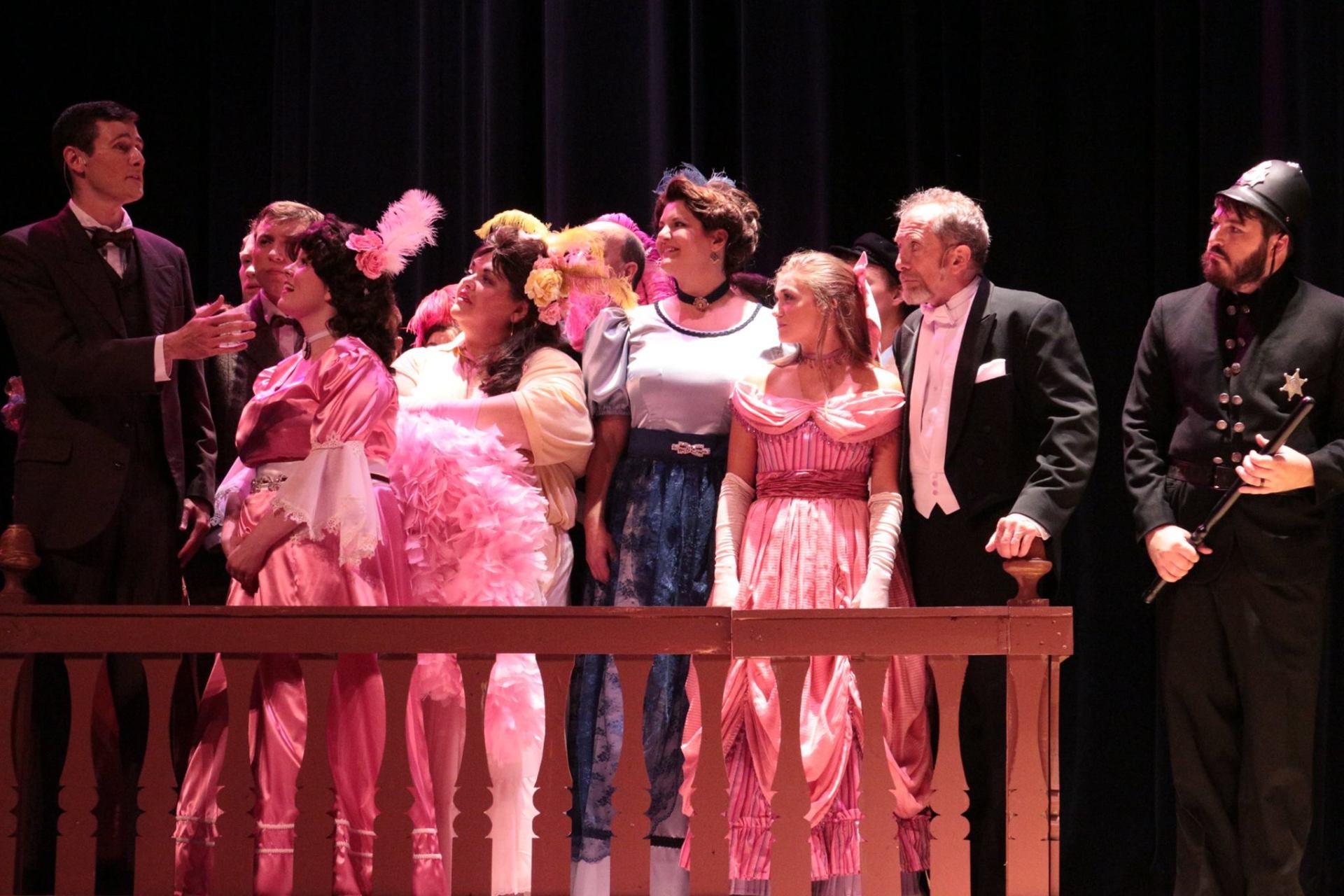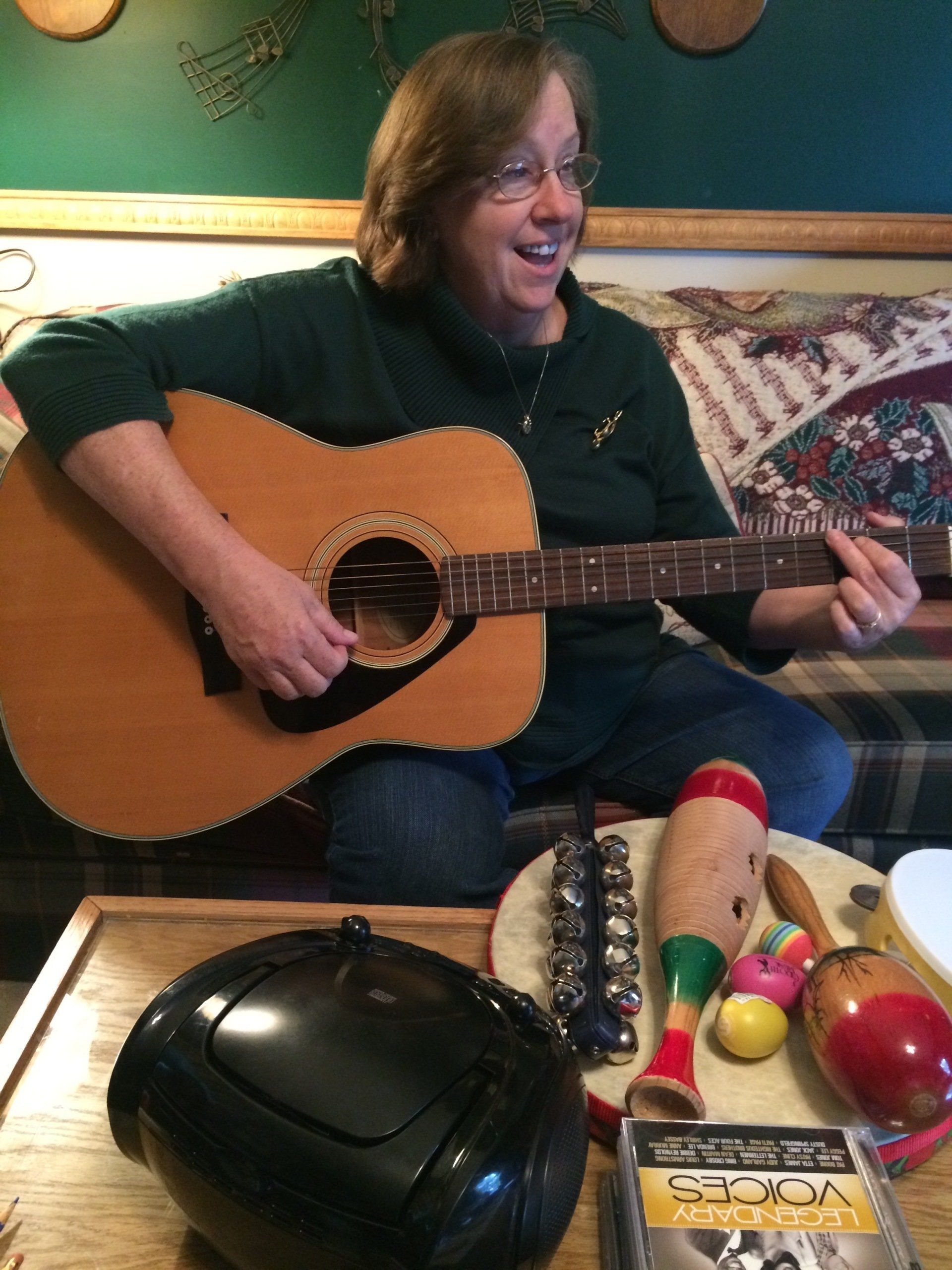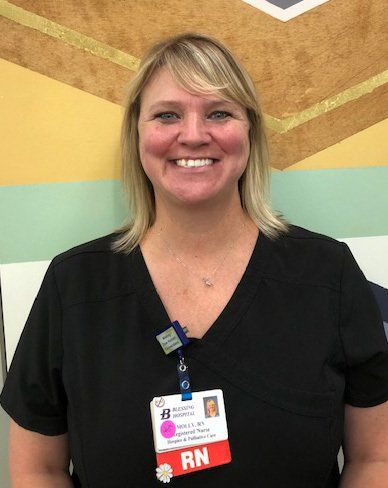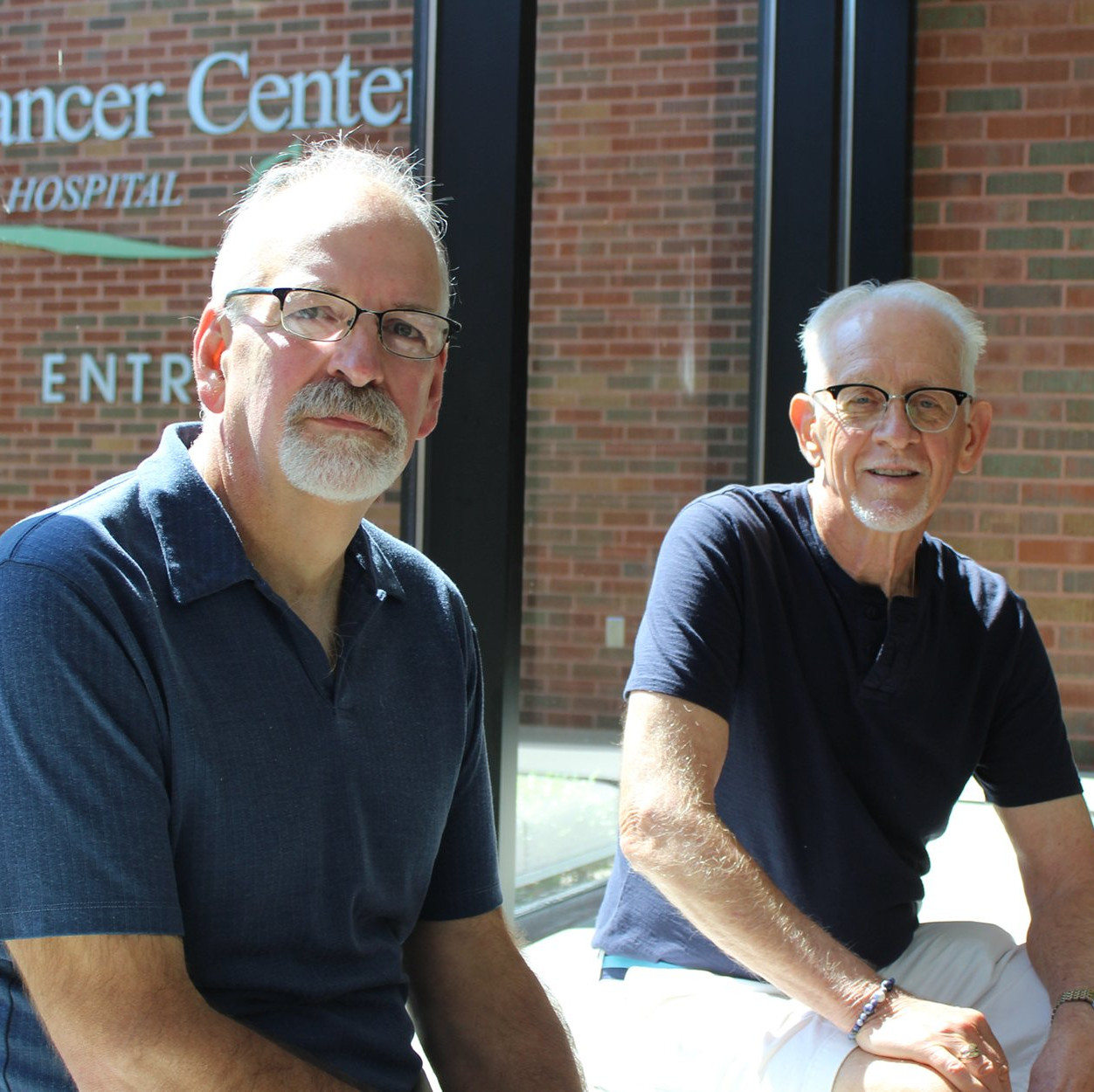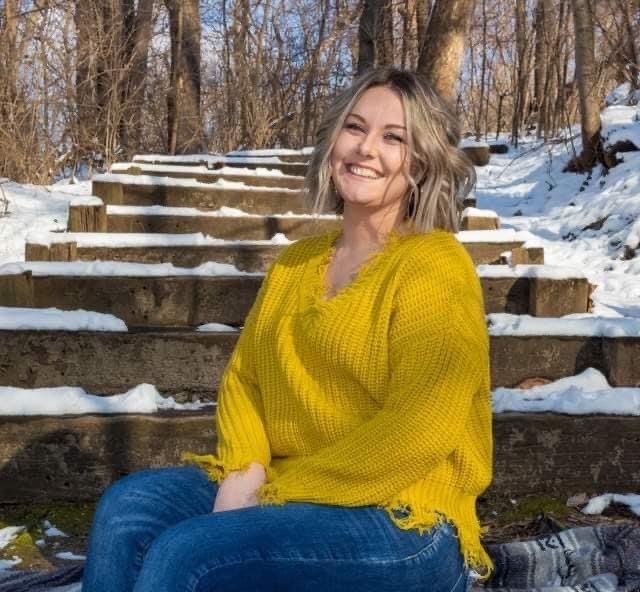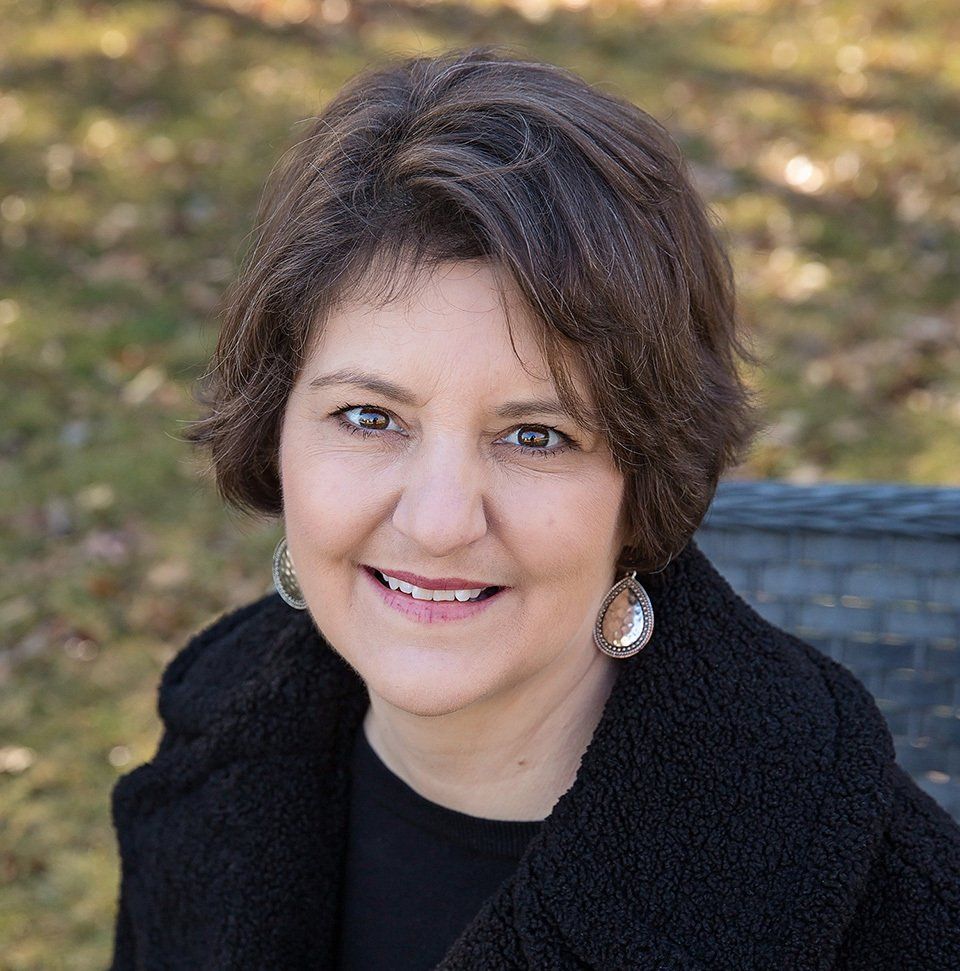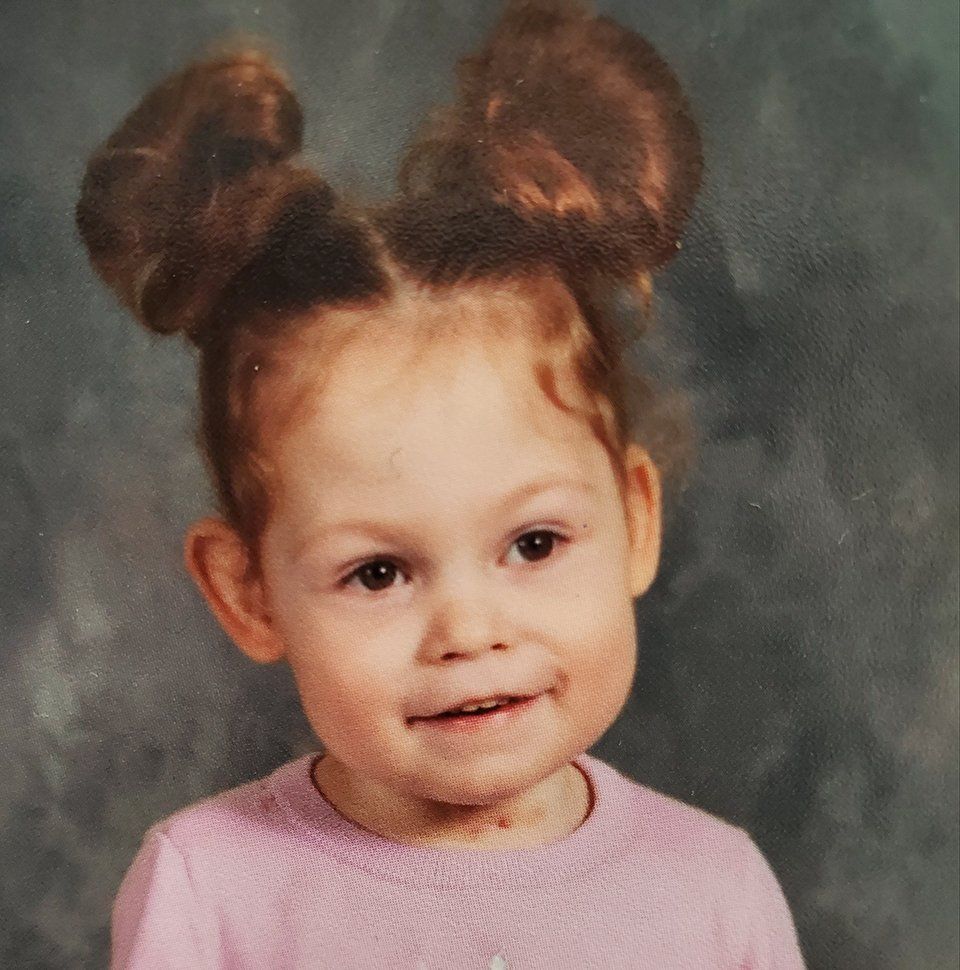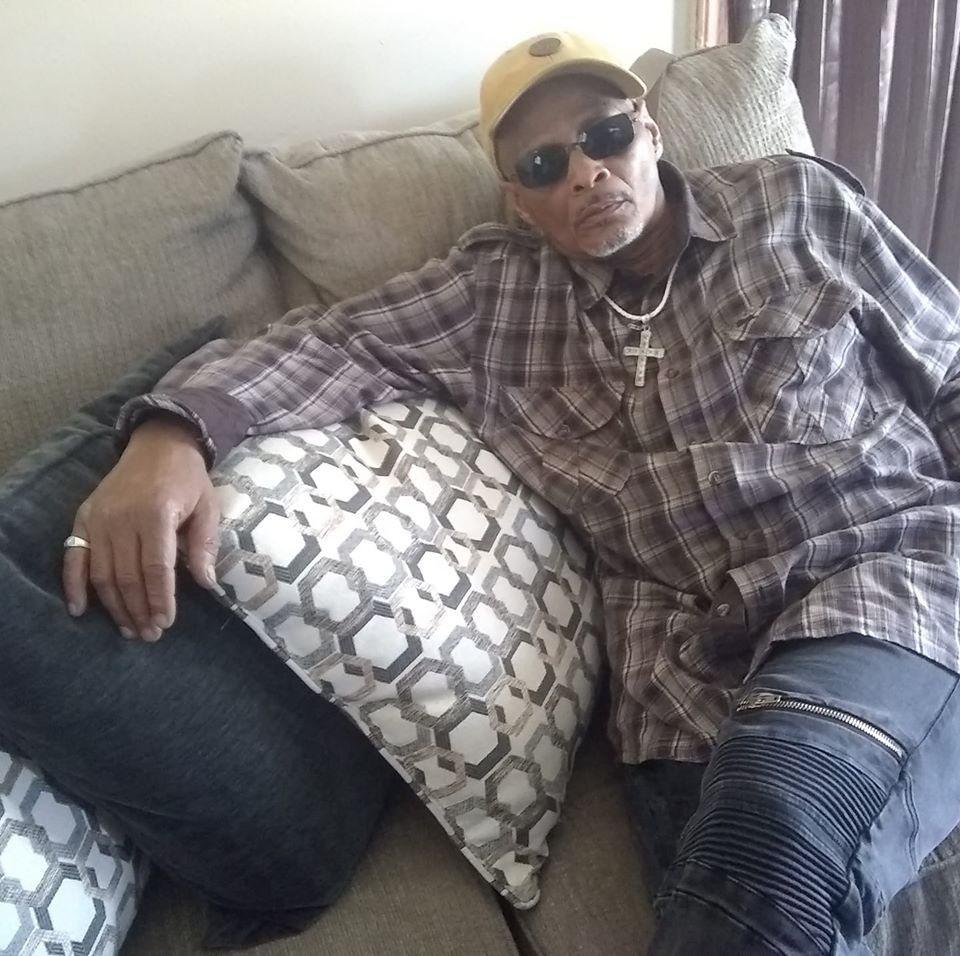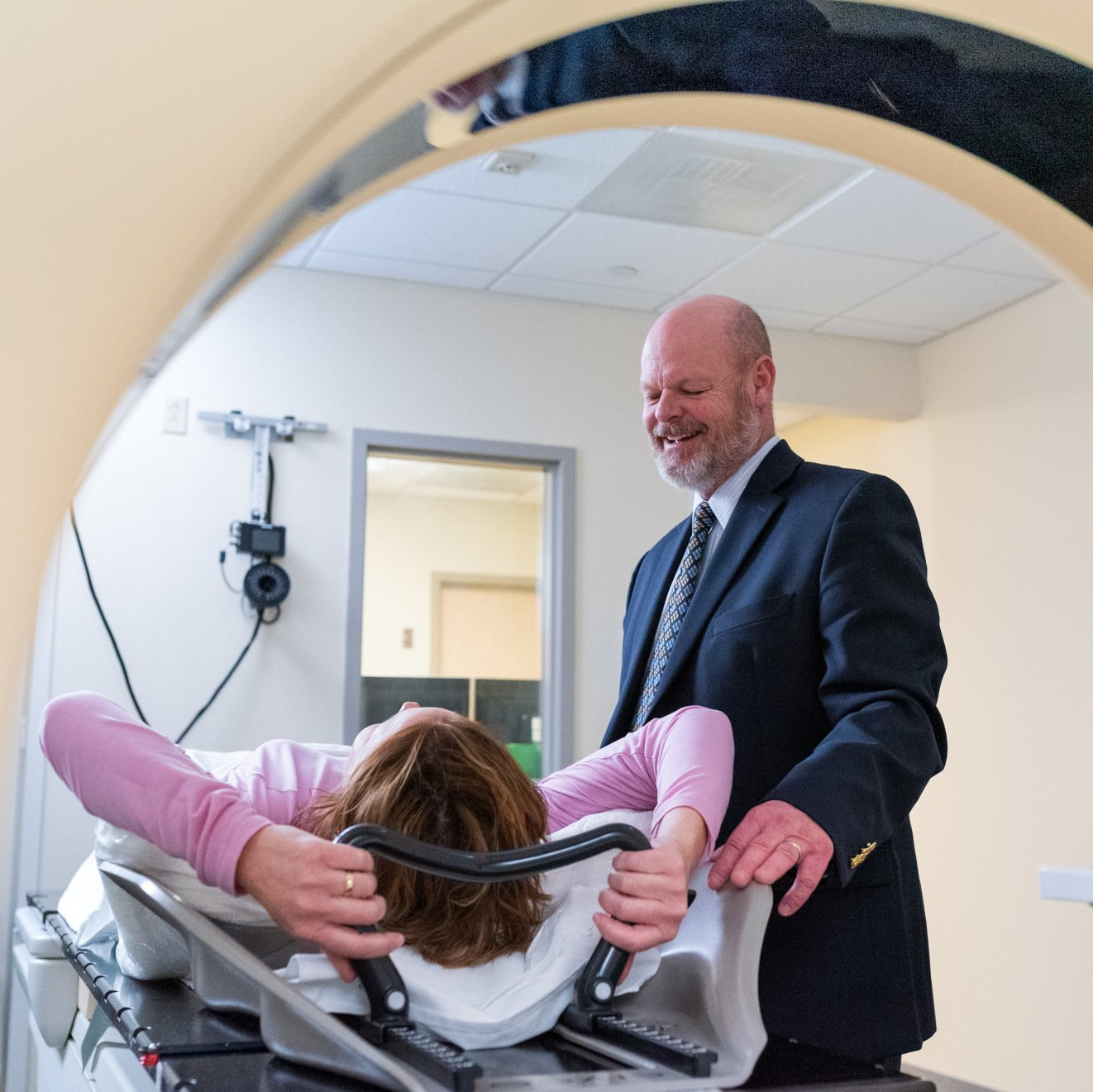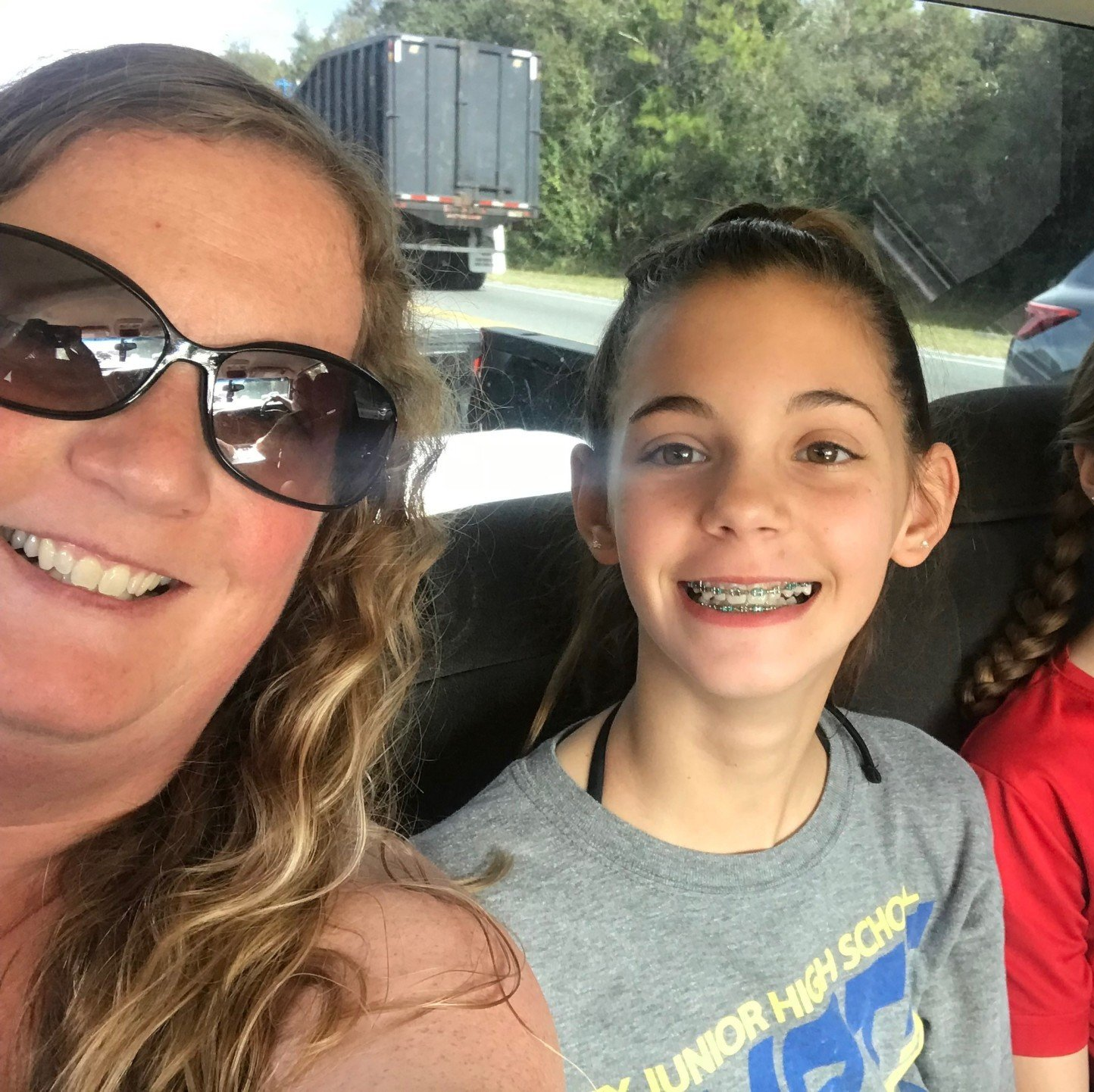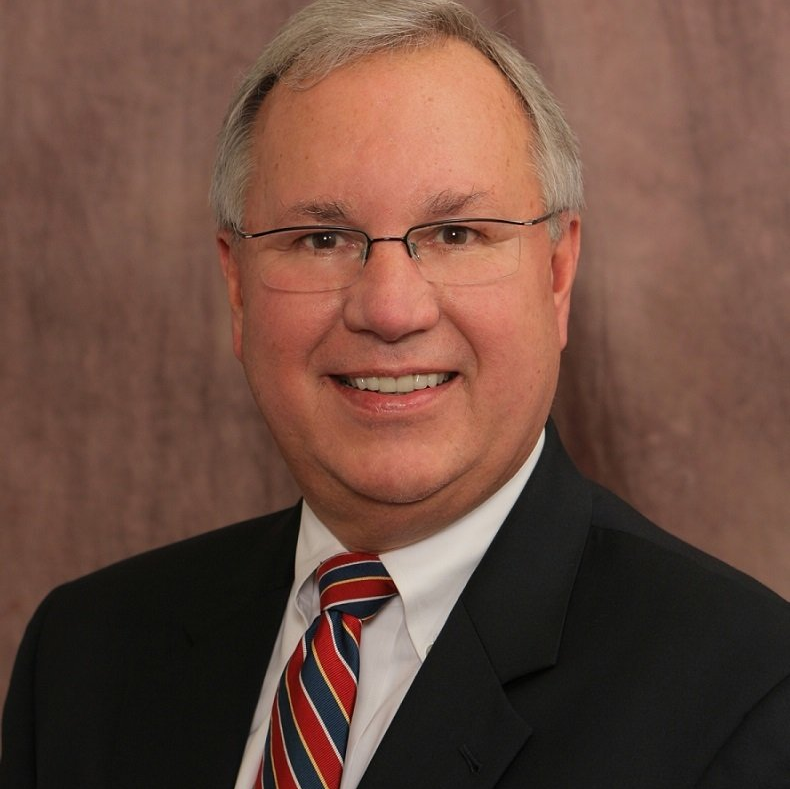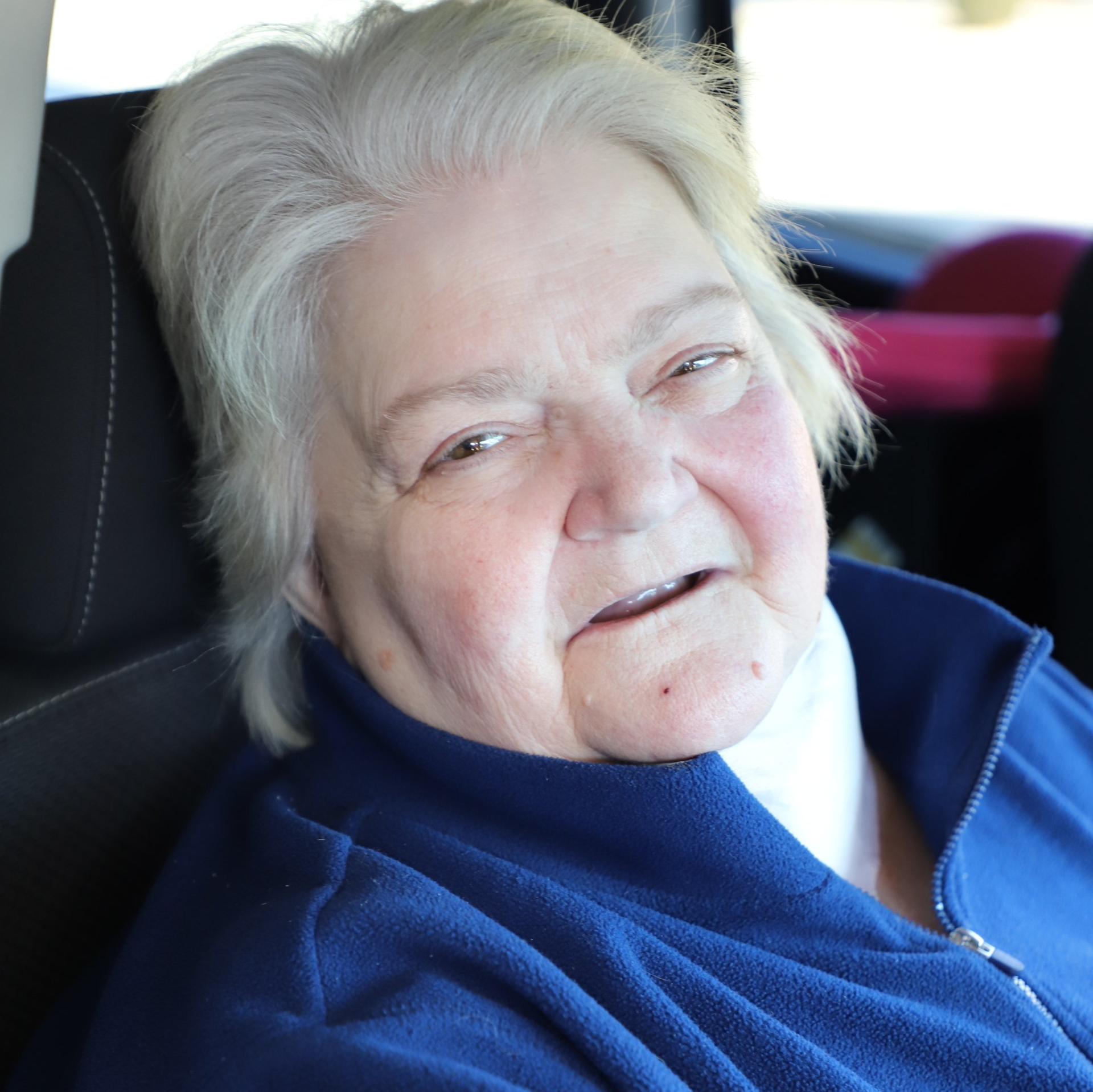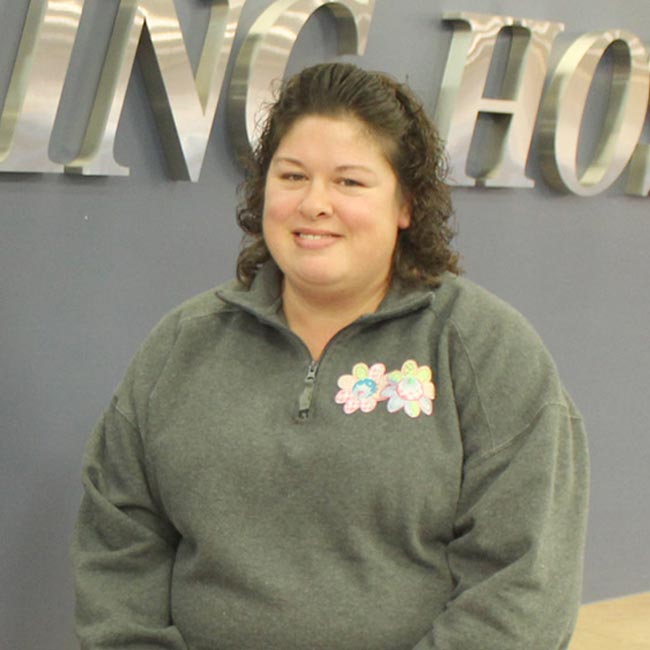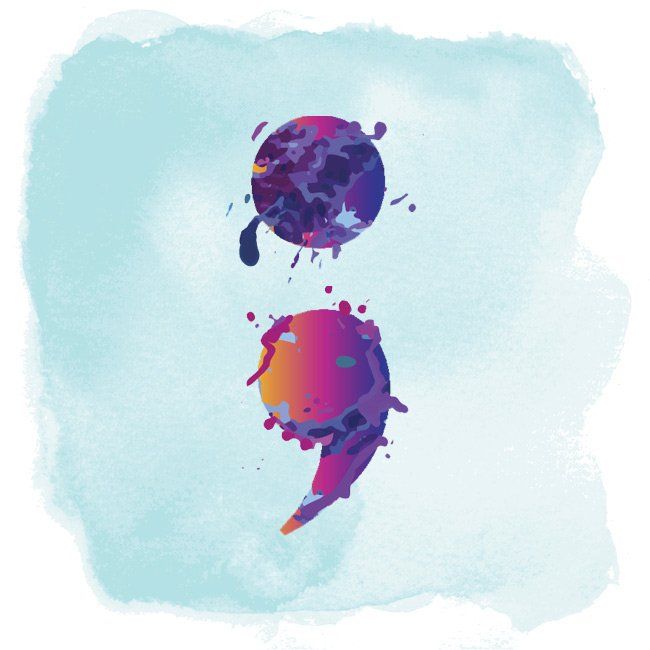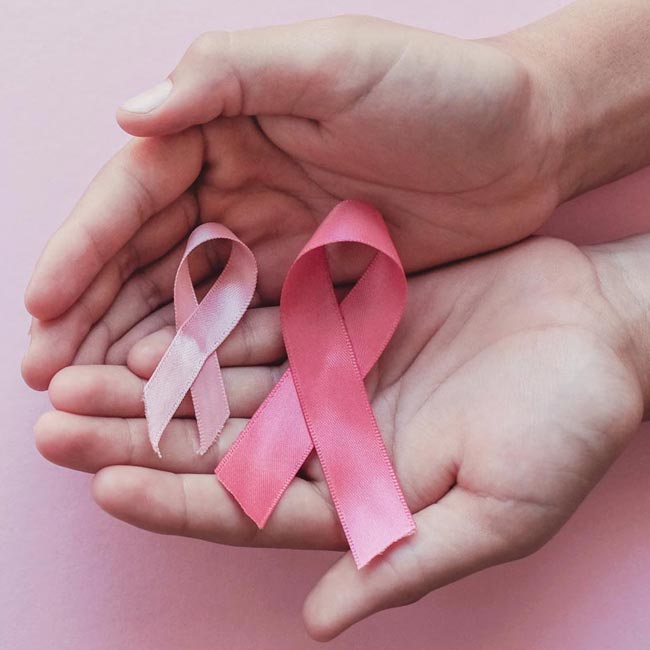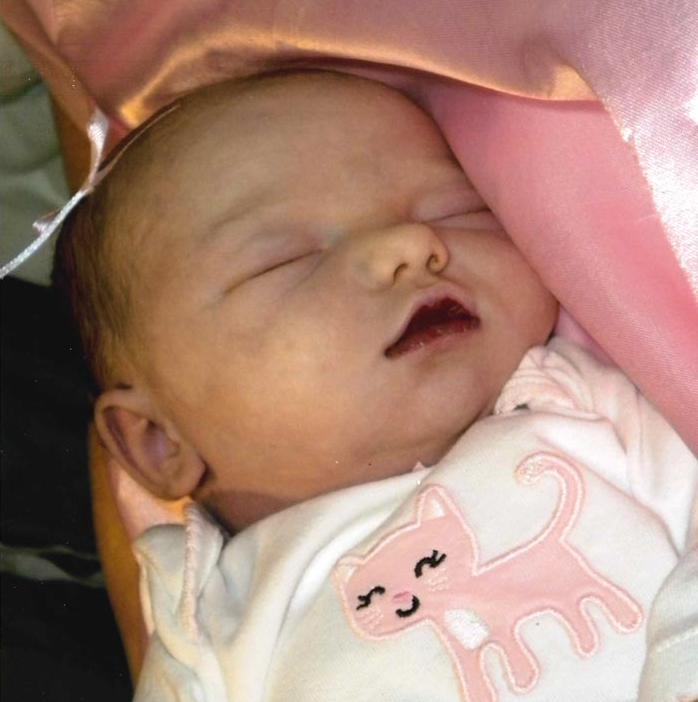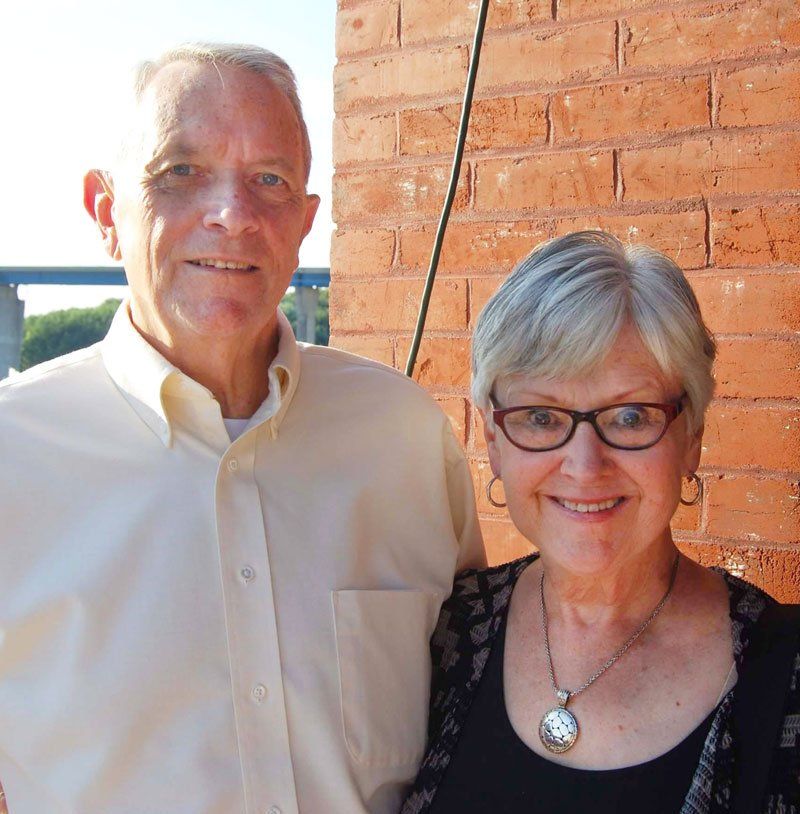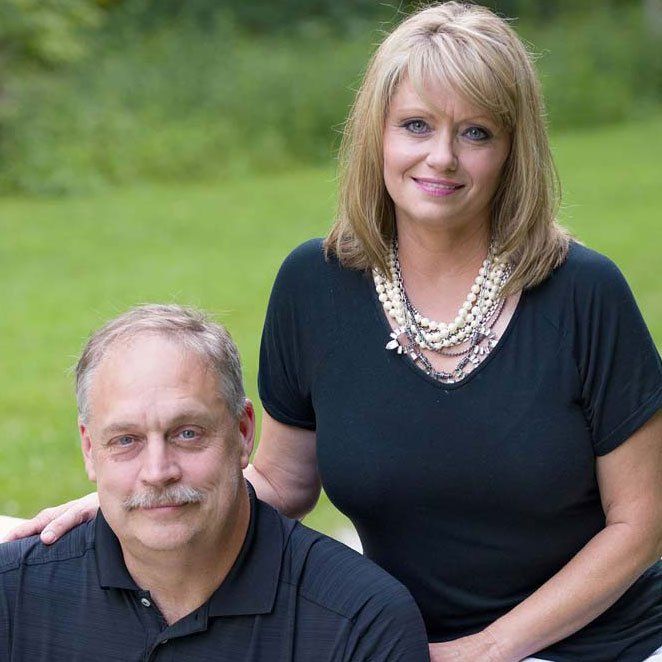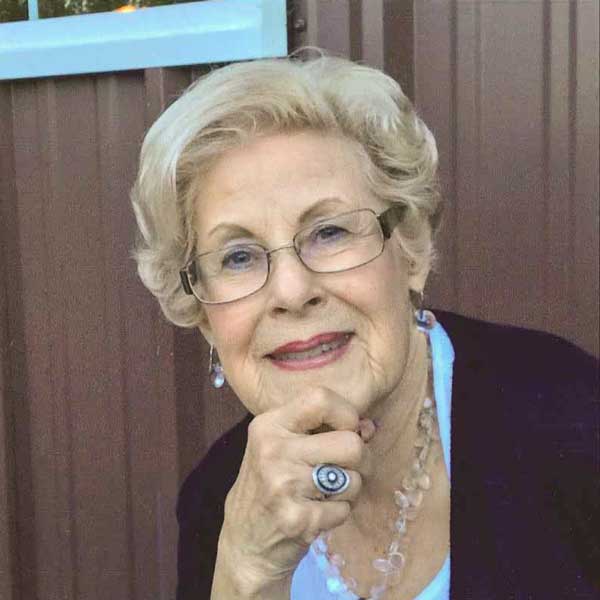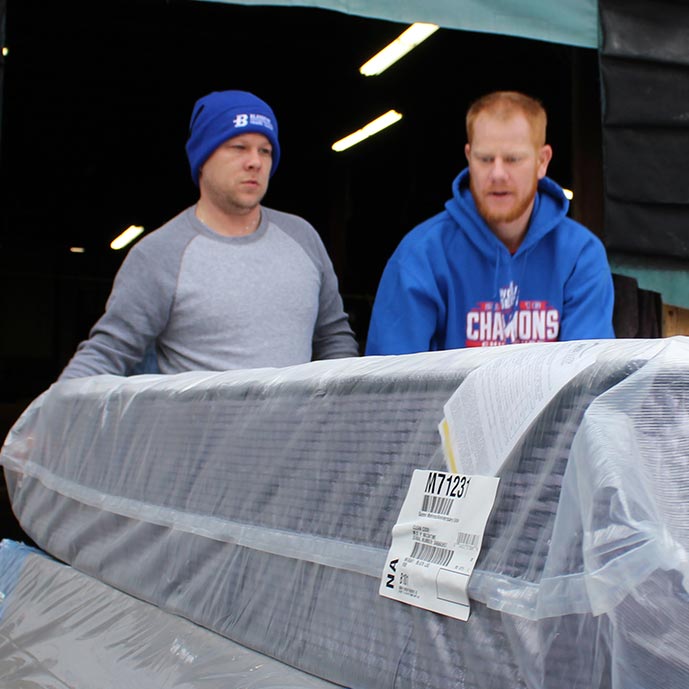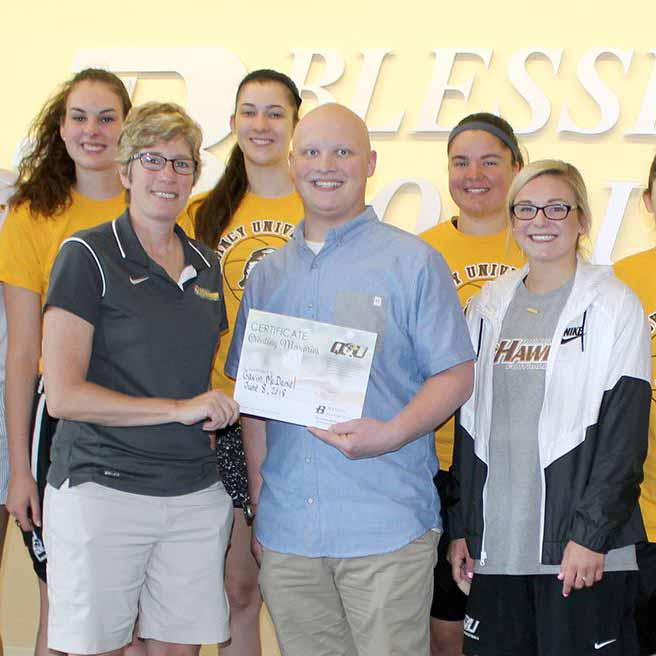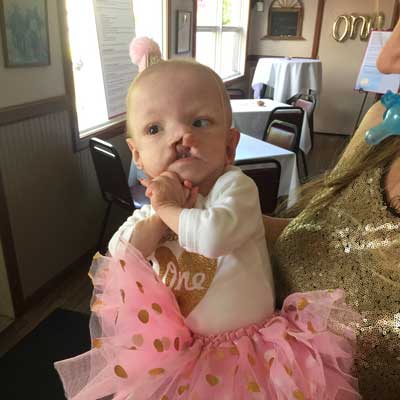Music Brings Peaceat the End of Life
June 2020
Danette Molidor and other patients receiving hospice care need some joy in their lives and a sense of peace.
Music therapy has the amazing power to heal, uplift, and comfort them when they need it most.
When doctors recommended hospice care for Danette Molidor, she felt a sense of relief.
Sessions offer
‘spiritual fulfillment and joy’
Danette always looked forward to her weekly sessions with Linda.
“When you’re on hospice and you’re not doing a whole lot, music therapy helps to brighten the week,” Danette says. “I love music and I love singing. My voice has taken a turn for the worse with the chemo and everything, but I feel like I get spiritual fulfillment and fellowship with another singer. It just brings some joy.”
Music has always been a part of Danette’s life. She’s sung in church choirs, and more recently participated in musical theater, playing the role of Irene Molloy in Quincy Community Theatre’s production of “Hello, Dolly!” in the summer of 2017.
Donors can make a difference
Without grants from the Blessing Foundation, Blessing Hospice and Palliative Care wouldn’t have funding to provide music therapy for patients and provide other services, such as transportation grants that ensure that family members can be with their loved one at the end of life.
“The Foundation is a huge asset to Blessing Hospice as a whole,” said Molly Schulte, RN, BSN, former employee, Blessing Hospice and Palliative Care.
“We couldn’t be who we are without them,” she said. “The support allows us to provide families a more memorable time with their loved ones. Hospice isn’t always about dying. It’s about living and making the most of whatever time they have left.”
You have the power to help patients at the end of life and the people who love them, like Danette and her family.
“If you want to donate to something that’s going to bring joy to someone at the end of their life, music therapy is it,” Danette said.
Please consider a donation to the Blessing Foundation today.



